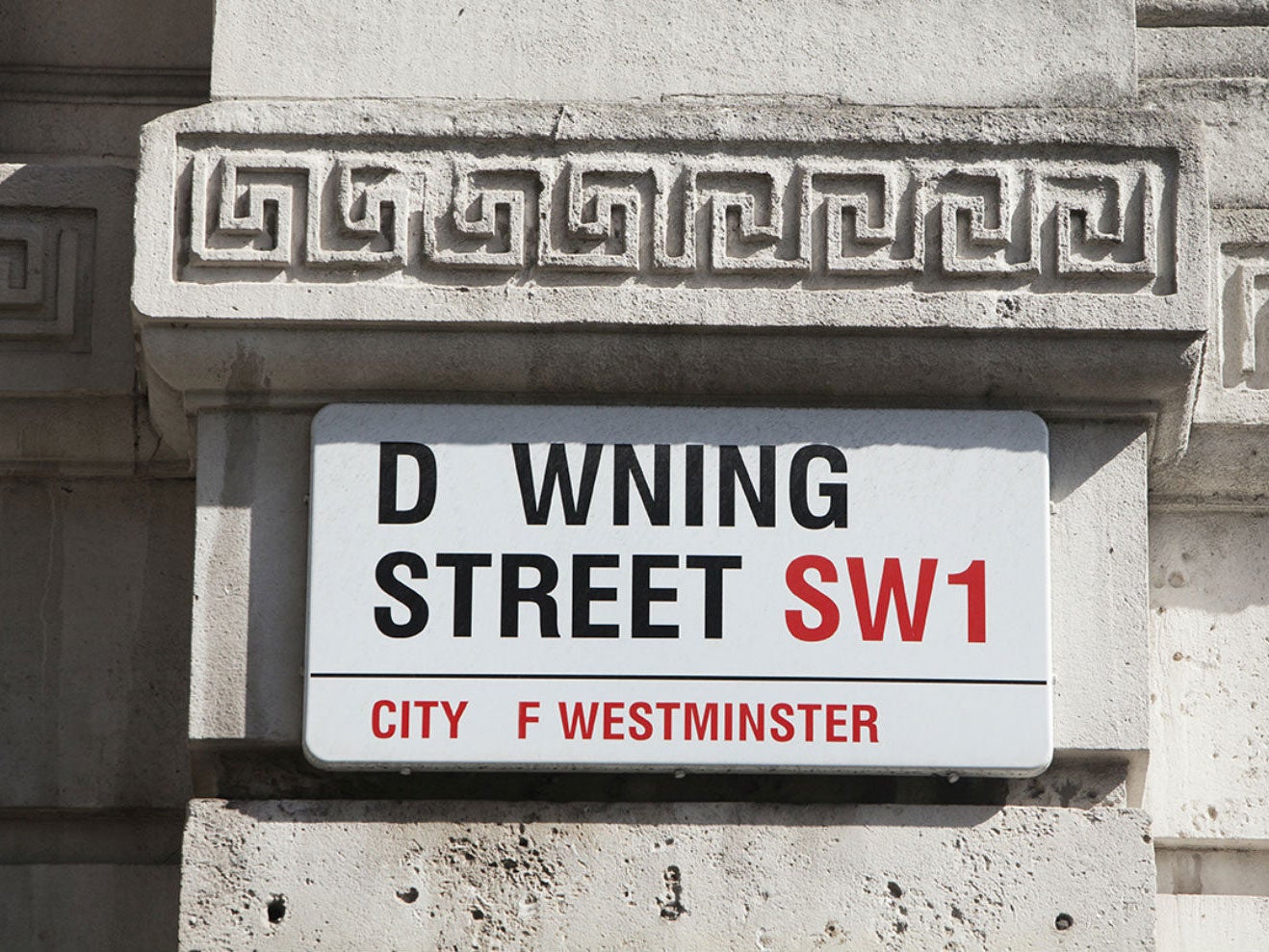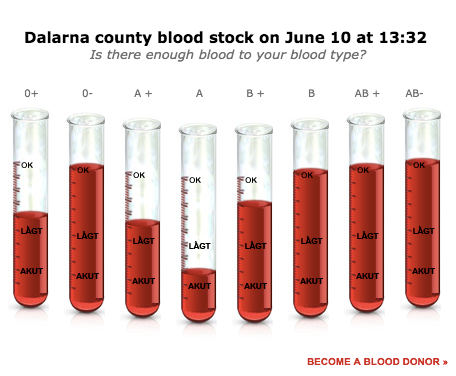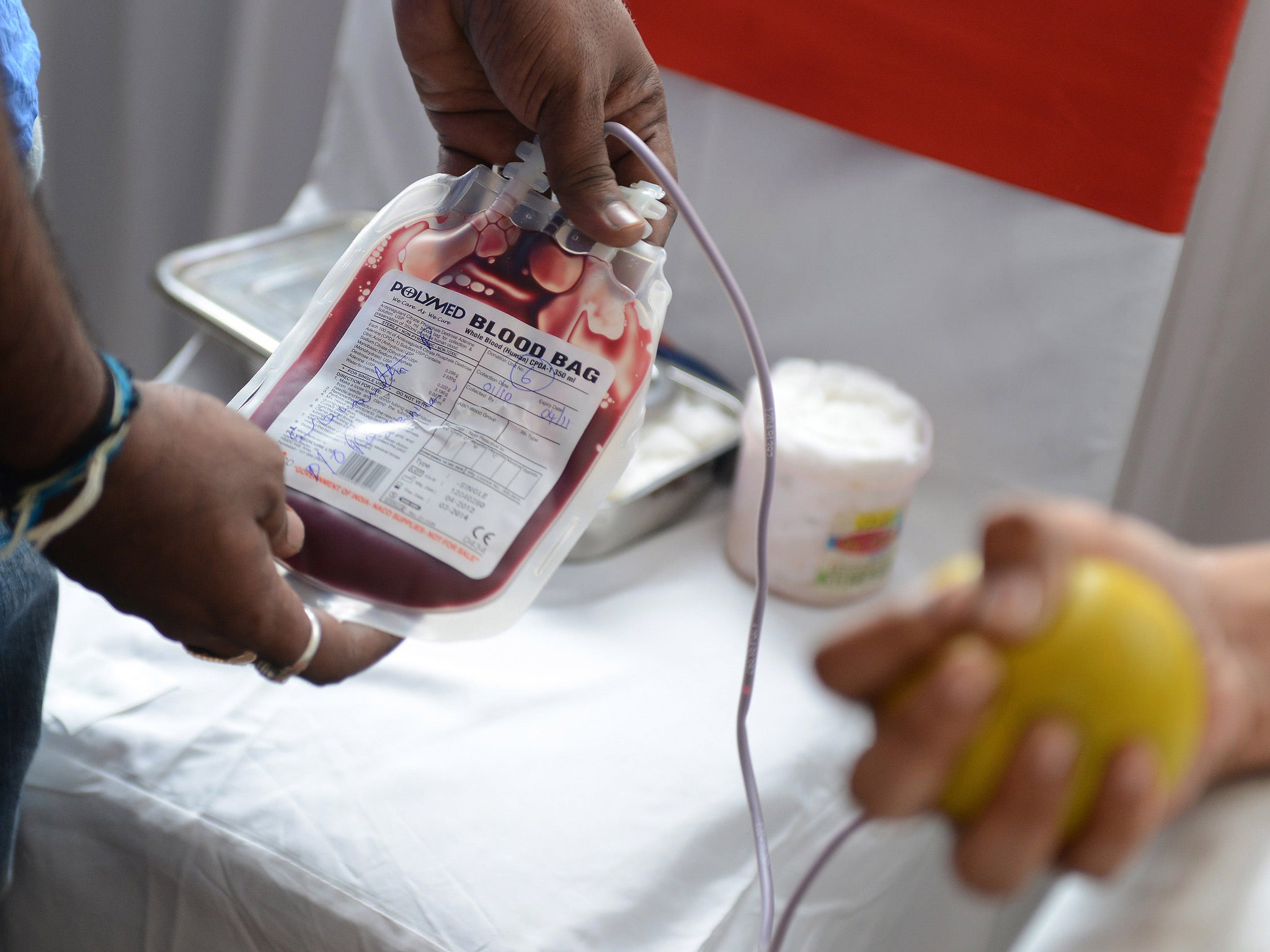Your support helps us to tell the story
From reproductive rights to climate change to Big Tech, The Independent is on the ground when the story is developing. Whether it's investigating the financials of Elon Musk's pro-Trump PAC or producing our latest documentary, 'The A Word', which shines a light on the American women fighting for reproductive rights, we know how important it is to parse out the facts from the messaging.
At such a critical moment in US history, we need reporters on the ground. Your donation allows us to keep sending journalists to speak to both sides of the story.
The Independent is trusted by Americans across the entire political spectrum. And unlike many other quality news outlets, we choose not to lock Americans out of our reporting and analysis with paywalls. We believe quality journalism should be available to everyone, paid for by those who can afford it.
Your support makes all the difference.With blood donation rates in decline all over the developed world, Sweden’s blood service is enlisting new technology to help push back against shortages.
One new initiative, where donors are sent automatic text messages telling them when their blood has actually been used, has caught the public eye.
People who donate initially receive a 'thank you' text when they give blood, but they get another message when their blood makes it into somebody else’s veins.
“We are constantly trying to develop ways to express [donors'] importance,” Karolina Blom Wiberg, a communications manager at the Stockholm blood service told The Independent.
“We want to give them feed back on their effort, and we find this is a good way to do that.”
The service says the messages give donors more positive feedback about how they’ve helped their fellow citizens – which encourages them to donate again.
But the new policy has also been a hit on social media and has got people talking about blood donation amongst their friends.
“It's a great feeling to know you made such a big difference and maybe even saved someone else's life,” says Ms Blom Wiberg.
“We get a lot of visiblity in social media and traditional media thanks to the SMS. But above all we believe it makes our donors come back to us, and donate again.”
The programme was started in Stockholm three years ago but is gradually being rolled out by other local areas across the country after a positive reception.
In Britain, as in most Western countries, there has been a big decline in blood donations. According to NHS figures released today, there are 40 per cent fewer donors today than there were ten years ago.
The NHS Blood and Transplant service is also looking at new ways to increase donations, and has turned to a viral marketing campaign to highlight the shortfall.
During National Blood Donation Week street signs and shop fronts around the country are having the letters ‘O’ and ‘A’ quietly removed, representing the missing blood types.

“We simply can’t ignore the fact that there has been a stark reduction in the number of new donors coming forward - a trend seen across the world,” Jon Latham, the organisation’s assistant director for donor services, said.
“While we can meet the needs of patients now, it’s important we strengthen the donor base for the future.”
Sweden has faced similar problems, and authorities have decided the best way to make sure shortfalls don’t happen it to be as open as possible about the exact levels of blood in stock.
In Stockholm, residents can go the local blood service’s website and see a live chart of how much blood is left.
“The same info as we have internally is shown externally,” says Ms Blom Wiberg.
The thinking is that when stocks run low, people will respond if they know there is a problem. It’s only recently become possible for ordinary donors who notice stocks are running low to raise the alarm with social media.

“Social media is an extremely important channel for us to reach our donors. Sweden needs more young donors to have a stable blood supplies in the future,” says Lottie Furugård, a communications manager at Stockholm’s blood centre.
Other initiatives rolled out in some areas include letting donors sign a contract agreeing that authorities are allowed to aggressively pester them by text message, Facebook, and email until they donate blood.
Rather than the usual bureaucratic language of medical appointments, Health Care Communication News reports, the messages include light-hearted threats, such as: “We won't give up until you bleed.”
While different local areas in Sweden have taken different approaches to innovating, the overarching goal is very simple, Ms Blom-Wiberg says:
“Our challenge is to make the public and especially the blood donators understand just how important their contribution is.”
To register as a blood donor in the UK, visit www.blood.co.uk

Join our commenting forum
Join thought-provoking conversations, follow other Independent readers and see their replies
Comments